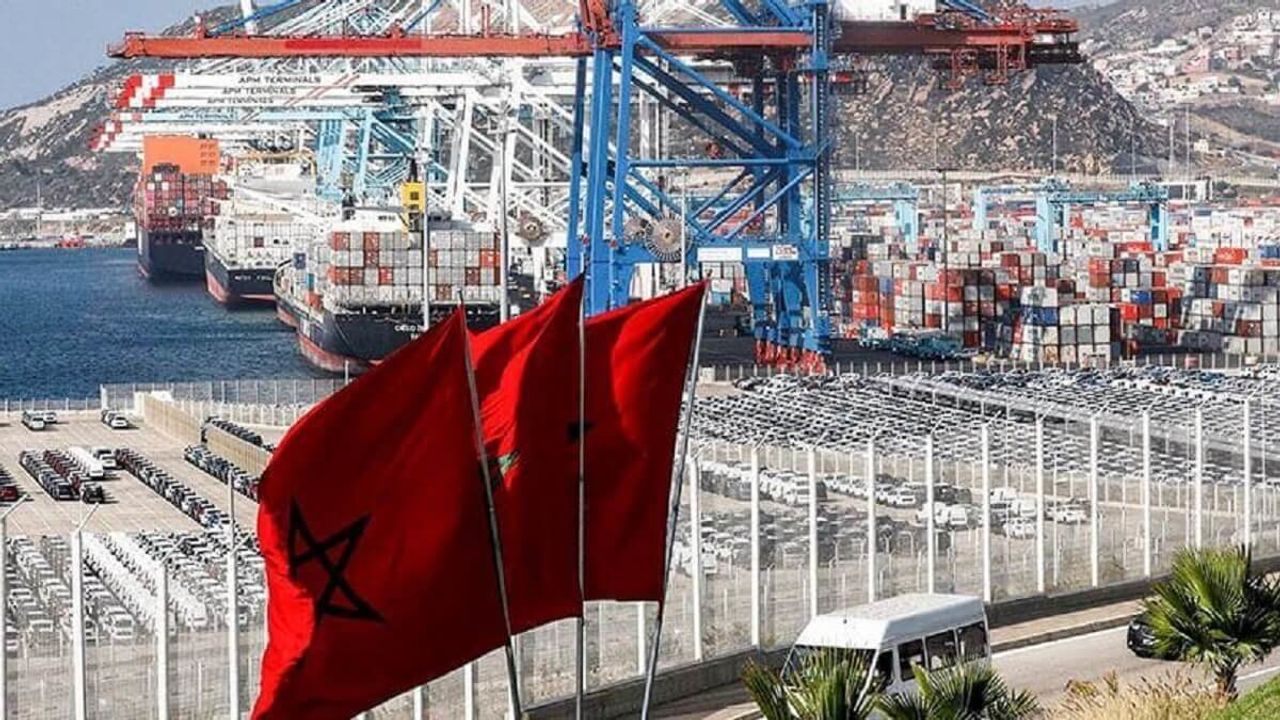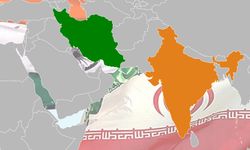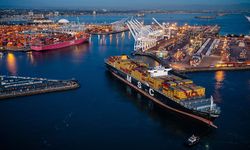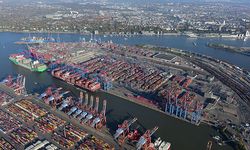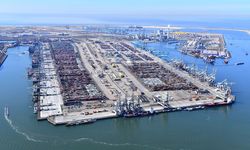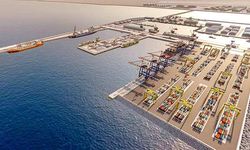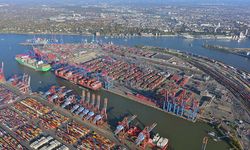Under the national ports policy, Morocco is committed to satisfying port demands by leveraging available funding opportunities, identifying priorities, and fostering partnerships among stakeholders to expedite projects with utmost quality.
Over the next two decades, the vision for the port sector entails a coherent development aligned with national territorial planning policies and environmental preservation efforts.
Anticipating a surge in port demand, projected to rise from 290 to 370 million tonnes annually by 2030, Morocco's port system is gearing up to enhance service quality, performance, and competitiveness proactively.
Crucially, the transformation necessitated by this surge must balance the symbiotic relationship between urban areas and ports while adopting innovative approaches to bolster performance and competitiveness.
The port system reform, geared towards creating value for economic stakeholders, is rooted in understanding the factors driving demand escalation.
Key pillars of the strategy include:
· Pursuing enhanced performance through innovation.
· Improving logistical efficiency.
· Optimizing port infrastructure utilization.
· Establishing strong national, regional, and international positioning.
· Strengthening the ports' role in economic development.
· Integrating environmental and urban considerations into investment projects.
· Enhancing adaptability to long-term changes.
· Over the past decade, rehabilitating the port sector has necessitated annual investments of 3 billion dirhams, propelled by a steady 6% annual increase in port demand driven by national economic and social development policies.
Looking ahead, the establishment of port infrastructure over the next 20 years will require substantial investments and alignment with the ambitious port strategy and rising demand.
These investments will be phased in gradually to meet priorities, with financing sourced from the state, port agencies, or private actors through public-private partnerships. Flexibility in the investment program will ensure alignment with evolving national and international strategies and port demand dynamics.
Morocco's ambitious port strategy underscores its commitment to bolstering its maritime presence and seizing opportunities in the Mediterranean region, signaling a significant stride towards sustainable economic growth and development.
